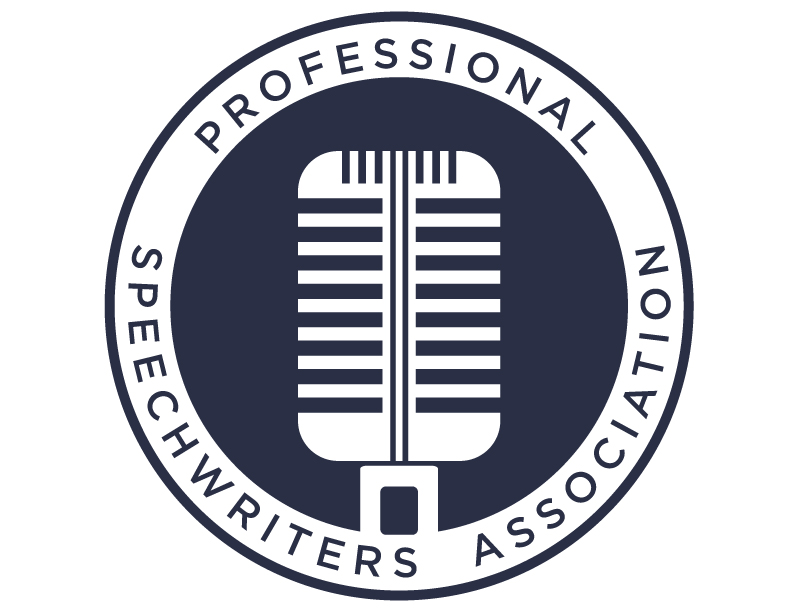The speechwriter’s most essential emotional skill
February 02, 2014
How on earth do you maintain a strong point of view while remaining open to the ideas of dozens of others?
I extracted a little diamond of fresh speechwriting insight this week from the yawning maw of annual articles about the chore of writing the SOTU. Speechwriters, wrote former Nixon scribe William Gavin in The American Spectator in 1974, can be self-righteous:
Speechwriting is not a field in which the virtue of humility and the readiness to admit failure or even misjudgment are conspicuous. Trying to get his material accepted by the boss and arguing with the boss' other aides who claim to know much more about rhetoric and subject matter than the writer take up most of his time and leave little room for the development of such virtues.
And yet openness to other points of view is one of the speechwriter’s essential skills, Gavin adds:
A political speech is such a mystery, such an unpredictable thing, that it very often happens a semiliterate, old-time political hack will be able to smell out a rotten part of a speech draft while someone with a doctorate in English will not. Thus, a paradox: a speechwriter whose strength lies in his individuality, in his own crazy, unique way of looking at the world must at the same time not only tolerate but welcome the advice of others whose literary skills are, to put it in the mildest terms, questionable.
Maintaining one’s own point of view and remaining open to the ideas of dozens of others is, it seems to me, a stern daily test of a speechwriter’s emotional intelligence. —DM



